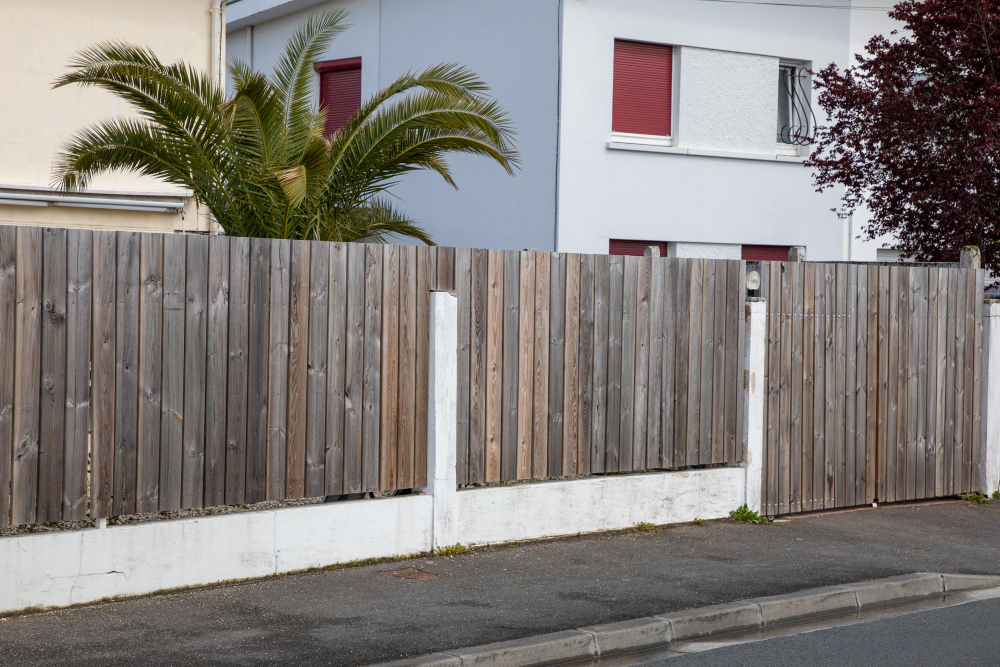Understanding the Lifespan of Your Fence

A fence is one of the most important investments you can make for your property. Installing a fence can increase privacy, security, and even the value of your home. But after a certain amount of time, every fence must be replaced. So, how long does a fence typically last? The answer depends on a variety of factors, including the materials used, climate, and maintenance. In this blog, we'll discuss the lifespan of different types of fences and offer some tips on how to extend your fence's lifespan as long as possible.
Wood Fences
When it comes to fences, wood is one of the most popular materials used. While it's visually appealing, wooden fences require more maintenance than other options. They are prone to insect damage, rot, and weather damage. With proper maintenance, a wooden fence can last anywhere from 15-20 years. To ensure your fence lasts as long as possible, you should stain or paint your fence every few years to protect it from the elements. Regular cleaning, removing debris build-up, and replacing rotting boards when they show signs of decay can all improve the fence's lifespan and preserve its beauty.
Vinyl Fences
Vinyl fences are another popular option, and they tend to require less maintenance than wooden fences. They are prone to weather damage but are not usually affected by insects or rot. Vinyl fences can last anywhere from 20-30 years or more with proper maintenance. Rinsing your vinyl fence annually with a garden hose and mild soap can help keep it clean and extend its lifespan.
Aluminum Fences
Aluminum fences are a durable option that offers low maintenance costs. They are not susceptible to rot, rust, or insect damage. Aluminum fences can last from over 30 years with very little maintenance, making them a practical choice for homeowners looking for an option that requires minimal upkeep.
Chain Link Fences
Chain link fences are one of the most durable options, and they offer excellent security as well. They don't require much maintenance as they are resistant to insects, rot, and weather damage. A well-maintained chain link fence can last upwards of 20 years. If you want to extend the lifespan of your fence, regular inspections of the fence are a must. The fence should be annually inspected for signs of rust or wear, particularly around the posts, and any damage repaired promptly.
Conclusion
As you can see, the lifespan of your fence depends on what type of material you choose, how well it's maintained, and the weather conditions in your area. Defined as a long-term investment, it's essential to research different types of fences and their maintenance needs. By doing so, you can choose a fence that meets your needs and ensures it will last for years to come. If you're looking for fence contractors in New Smyrna Beach, FL, contact Byers Fence today to schedule an appointment. Our team of professionals will help you find the right fence for your property and walk you through the necessary maintenance steps to ensure it lasts for many years.